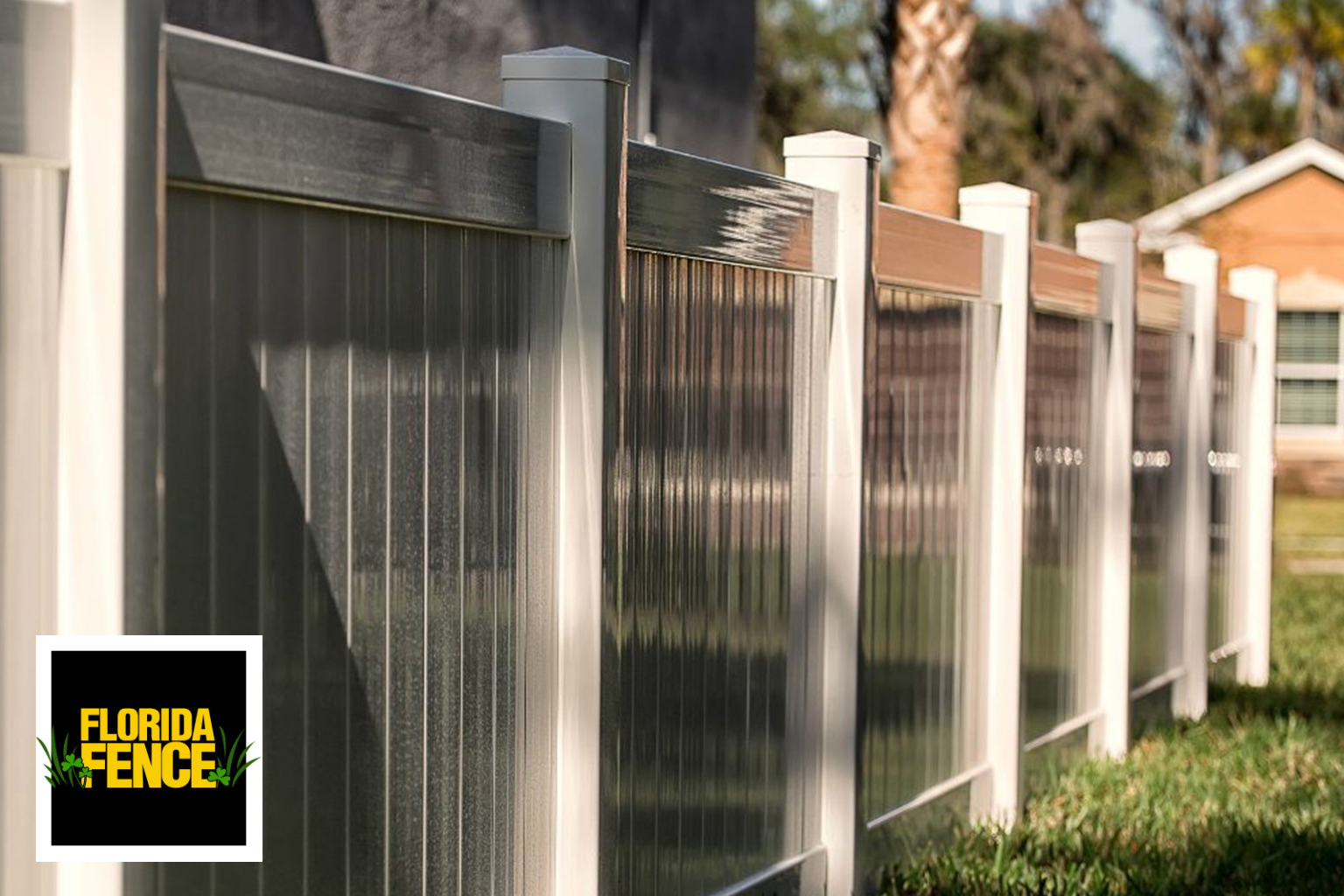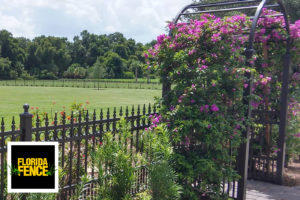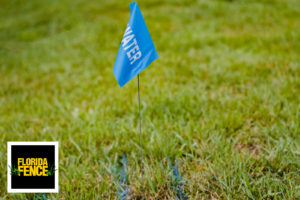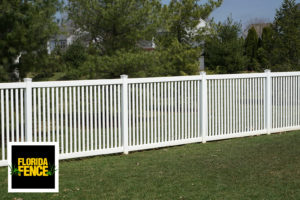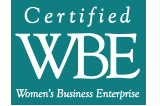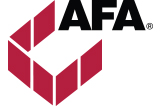Are you looking for a way to spruce up your outdoor space? Wanting to add value to your home?
Maybe you’ve considered installing a new fence, but you’re not sure what type of material to use.
Check out out the difference between vinyl and composite fencing, so you can choose the best
material for your outdoor project.
PROS AND CONS OF VINYL FENCING
Vinyl fencing is made from PVC (polyvinyl chloride). This is a great option for homeowners living in
warmer areas like Florida because this material can withstand higher temperatures. When it comes
to vinyl fencing, there are several styles and colors to choose from.
Other pros to choosing fence vinyl include:
• Easy installation
• Low maintenance
• Child-friendly (no splinters)
• Lightweight, but durable
• Much Less expensive in the long-run than wood fences
When you choose vinyl fencing, you have a better quality material that can withstand the wind. It’s a
structurally good decision. Vinyl is molded into components that make up panels and can be easily
installed.
Just like with any material, there are some cons to using a vinyl material for your fencing. While vinyl
fencing is less expensive than wood fencing in comparing life cycles, you will have more upfront
costs. You will, however, save money in the long run because vinyl doesn’t need the maintenance
that wood fencing would. However, in Florida, it will need to be cleaned annually for dirt and mold
the same as most Floridians power wash their homes each year.
Some homeowners associations may not allow the certain Fence styles, types, brands and heights,
so it’s important to check local codes and regulations before having the fence installed. Typically,
the lower end vinyl products can suffer from cracking and discoloration from prolonged sun
exposure.
Choose a company that will provide UV protection. Think sunscreen for your fence.
PROS AND CONS OF COMPOSITE FENCING
Considering composite material instead of vinyl? Composite fencing is made from recycled wood
and plastic. They have the look of wood and are considered “green” since you’re not using new
lumber to make the fencing. Just like any other material, there are quality ranges from low to high
based on brand.
More pros to choosing composite fencing:
• Dense and durable
• Low maintenance
• Strong enough to withstand the elements
There are downsides to using composite fencing material, though. The initial costs are typically
more than vinyl and wood fencing. The low-end products run the risk of having the composite
material expanding and warping with extreme weather changes. The higher-end products have none
of these issues and virtually maintenance free, making them the best long-term investment. The
high-end composite products will nearly half the cost of wood in a 25-30 year life cycle. The old
saying that you get what you pay for stands true with the better products.
The low-end composite fencing is only made from some wood materials, it’s may not be as strong
as real wood. However, the higher-end composite brands are very high quality and much more
resilient. The low-end composite boards can fade over time so you can expect to paint them at
some point down the road. They also aren’t the easiest to clean, so you’ll need some elbow grease.
HAVE YOUR DREAM FENCE INSTALLED TODAY
Now that you know the difference between vinyl and composite fencing, you can choose the best
material for your project. Choosing a fence for your next outdoor project should ideally be a project
that will last a lifetime, so it’s important to know the pros and cons.
Now you just need to bring in the best professionals to do the job for you! Are you ready to have your
fence installed? Contact us today for your free consultation. We’re happy to answer any questions
regarding a new fence or repairs.

